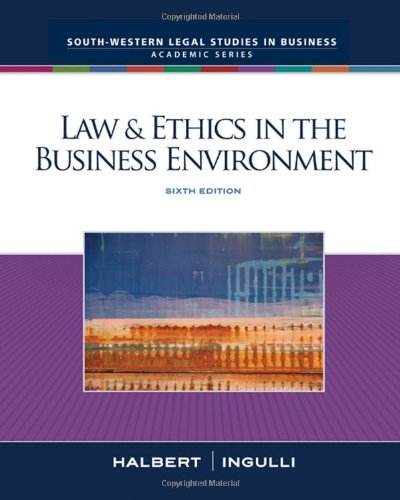The court refused to order Nike to cease its public relations campaign. Why? Nike, Inc., a marketer
Question:
The court refused to order Nike to cease its public relations campaign. Why?
Nike, Inc., a marketer of athletic shoes and sports apparel, has grown into a large multinational enterprise through a marketing strategy centering on a favorable brand image, which is associated with a distinctive logo and the advertising slogan, “Just do it.” To maintain this image, the company invests heavily in advertising and brand promotion, spending no less than $978,251,000 for the year ending May 31, 1997. The promotional activities include product sponsorship agreements with celebrity athletes, professional athletic teams, and numerous college athletic teams.…
Like other major marketers of athletic shoes and sports apparel, Nike contracts for the manufacture of its products in countries with low labor costs. In Nike’s case, the actual production facilities are owned by South Korean and Taiwanese companies that manufacture the products under contract with Nike. The bulk of Nike products are manufactured in China, Thailand, and Indonesia, though some components or products involving more complex technology are manufactured in South Korea or Taiwan. In 1995, a Korean company opened up a major new facility in Vietnam, giving that country also a significant share of Nike’s production. The record indicates that between 300,000 and 500,000 workers are employed in Asian factories producing Nike products. The complaint alleges that the vast majority of these workers are women under the age of 24.
The company has sought to foster the appearance and reality of good working conditions in the Asian factories producing its products. All contractors are required to sign a Memorandum of Understanding that, in general, commits them to comply with local laws regarding minimum wage, overtime, child labor, holidays and vacations, insurance benefits, working conditions, and other similar matters and to maintain records documenting their compliance. To assure compliance, the company conducts spot audits of labor and environmental conditions by accounting firms. Early in 1997, Nike retained a consulting firm, co-chaired by Andrew Young, the former ambassador to the United Nations, to carry out an independent evaluation of the labor practices in Nike factories. After visits to 12 factories, Young issued a report that commented favorably on working conditions in the factories and found no evidence of widespread abuse or mistreatment of workers.
Step by Step Answer:

Law And Ethics In The Business Environment
ISBN: 9780324657326
6th Edition
Authors: Terry Halbert , Elaine Ingulli





